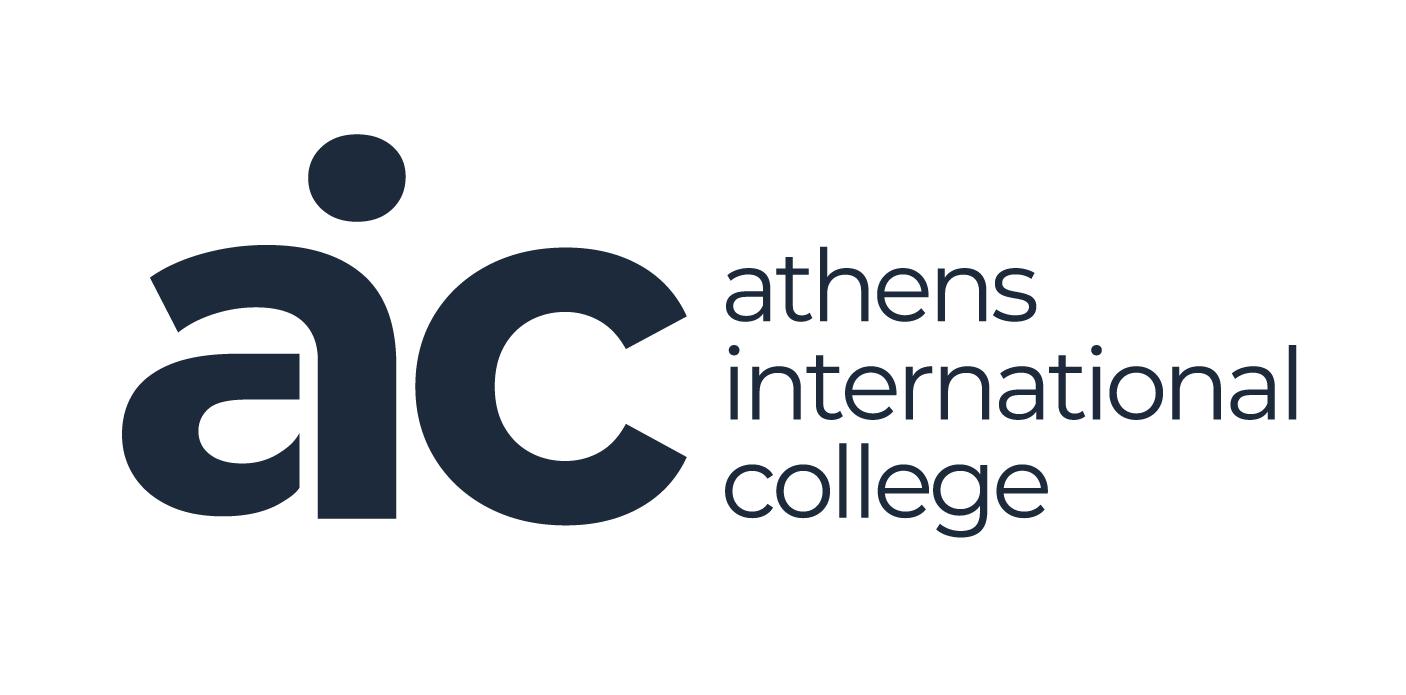The Executive MBA is a postgraduate programme specifically designed for professionals who are already employed and aspire to enhance their academic foundation, as well as their professional, managerial, and leadership skills.
The programme places particular emphasis on the development of leadership and strategic capabilities, while its interdisciplinary approach ensures flexibility and the ability to adapt rapidly to changes in science, technology, and the business environment. Participants connect their learning directly to the needs of their career and to the demands of the company or organisation in which they work.
By completing the Executive MBA, students gain multiple benefits:
Development of leadership and strategic skills
The programme focuses on cultivating leadership abilities, decision-making, and strategic thinking – essential qualities for senior executives and entrepreneurs.
Immediate application of knowledge
Since participants already hold senior positions, they can instantly apply what they learn to their workplace, enhancing their effectiveness and value within their organisation.
Expansion of professional network
The diverse student body, coming from different sectors and countries, creates valuable opportunities for networking, collaboration, and future business partnerships.
Career advancement and professional prospects
Earning an Executive MBA is widely recognised as a key advantage for promotions, career changes, or launching one’s own business.
Personal and professional confidence
The demanding nature of the programme strengthens students’ confidence in their ability to tackle complex leadership challenges.
The course aims to determine the value of information systems in business strategy, the importance of organizing IT departments as IT service providers, and the evaluation of modern integrated information systems.
The course aims to emphasize the importance of Human Resources as a key factor in creating competitive advantage. Within this framework, contemporary perspectives, strategies, and policies are analyzed to achieve this goal in a demanding business environment.
The course emphasizes accounting information, the analysis of financial statements, and the study of topics such as costing, pricing, leverage, investment strategy, business performance, auditing, and credit policy.
The course presents the fundamental theoretical principles, criteria, and quantitative/qualitative methods supporting the modern decision-making process in matters related to product manufacturing and service operations, aiming to enhance the efficiency and/or effectiveness of the business.
This course focuses on presenting the complete theoretical framework of Marketing Management, as well as the theoretical models and implementation tools.
Particular emphasis is placed on enabling students to apply and implement these concepts through the development of a Marketing Plan brief, addressing the marketing parameters of both the internal and external environment of a business or organisationa.
The course emphasizes the analysis of key macroeconomic variables (unemployment, inflation, interest rates, GDP, balance of payments, monetary and fiscal policy) and examines how changes in these variables affect a country’s investment strategy and developmental dynamics.
The course completes the first-year MBA curriculum, emphasizing environmental variables, the development of alternative strategies, their evaluation, and strategic-level decision-making by businesses.
The course explores strategy as a field of debate and emphasizes the need to understand cultural, social, ethical, and economic factors that shape strategy development within organizations. It trains students to engage more comprehensively in discussions about the strategy of their own and other organizations.
The course offers a critical study of the tools, models, and concepts for implementing sustainability strategies and policies in businesses and organizations. It reviews current and emerging ideas within the context of factors driving organizational changes necessary to respond to urgent sustainability and responsibility challenges.
Furthermore, the course investigates practices, innovations, and emerging approaches for integrating sustainability into business strategy and emphasizes the development of key competencies through Knowledge Management and Learning Organization theories.
This course focuses on the development of individual leadership skills, with particular emphasis on maximizing creativity at the individual, team, and organizational levels. Various contemporary leadership theories are examined, including transformational leadership, which is illustrated with examples and complemented by practical exercises.
Beyond theoretical foundations, significant emphasis is placed on personal development. Students assess their own leadership style using established measurements and, based on relevant theory, design an action plan that will guide their professional growth. The coursework requires the application of theory and critical analysis, contributing to the development of leadership competencies and personal leadership style.
The course provides a critical overview of concepts in business ethics, corporate social responsibility, and stakeholder management, giving students the opportunity to analyze, evaluate, and shape business decisions in line with ethical and social considerations. Particular emphasis is placed on current corporate practices and recent regulatory developments, ensuring students gain a contemporary, up-to-date understanding of this fast-moving field.
The course further explores the ongoing discourse on the role of business organizations as generators of “sustainable value” for both companies and society. It addresses operational areas such as accounting standards, corporate governance, green marketing, social entrepreneurship, employee well-being, sustainable innovation, and global supply chain management. The implications of these principles on leadership practices are also considered, introducing students to the concept of responsible leadership from organizational, national, cultural, and ethical perspectives.
Entrepreneurship, through the lens of management, is defined as a distinctive form of managerial behavior that produces innovative outcomes. Entrepreneurship represents a behavioral model applicable to all types of organizations—public sector, non-profit, and commercial entities. Every organization seeks innovation, expressed as the need “to take necessary actions to make new things happen” and to introduce something new. This may involve generating profit and wealth, or alternatively, it may concern social innovation benefiting a specific community. Both forms are essential for an economy to ensure the well-being and prosperity of its citizens.
Specifically, the course presents entrepreneurial capability and the development of entrepreneurial skills and knowledge in areas such as creativity, information search and analysis, planning, and networking within the context of the entrepreneurial arena or community.
Change is a defining characteristic of organizations and presents fundamental challenges and questions for their members. Gaining deeper knowledge of how organizations change, the extent to which change is fully manageable, which individuals understand the changes, and the related complexities is an essential component in studying an organization and improving organizational activities and member relationships.
This course investigates these issues with a focus on the epistemological and ontological perspectives of change. The core principle is that change is always specific and context-dependent, so there is no ready-made, standardized solution that can be successfully applied to all cases of change. While the most important tools and techniques available to change agents allow them to analyze and interpret the specific context in which they wish to effect change, they must also assess the suitability of various approaches and identify and manage potential obstacles to the effective implementation of change in each specific case.
This course enables students to recognize that for many established organizations, the only significant growth opportunity exists through international trade, and that success in the domestic market does not guarantee success abroad. The course also helps students understand the scope and depth of international marketing issues at both strategic and operational levels, as well as a full range of independent issues that must be managed simultaneously. Students learn to apply appropriate international marketing approaches to various business situations and challenges.
This course aims to introduce students to topics that provide knowledge of human behavior in the workplace, through the design of research projects, data collection and analysis, and the presentation of results. The course focuses on the skills and knowledge deemed essential for the successful completion of a research project.
The thesis provides students with the opportunity to specialize in a specific area of interest by completing an independent, in-depth research project, guided by faculty actively engaged in research. Students evaluate and synthesize research philosophies, using secondary and/or primary sources, and analyze their findings in relation to existing theories.
The thesis is of interest to potential future employers, as it demonstrates critical thinking, research proficiency, and business knowledge. It may also encourage students to pursue further research, either in a consultancy context or within ongoing academic research at the PhD level.
At Athens International College, we recognize that today’s manager must lead with vision, act with agility, and stay ahead of rapid changes. This is why we designed the AIC Upskilling Track — a dynamic learning experience that complements your studies with strategic, high-value executive seminars and provides access to practical, business-relevant knowledge across a range of critical areas. Each seminar is carefully crafted to bridge the gap between academic knowledge and managerial application, ensuring that upon graduation, you not only hold a prestigious degree but also possess an enhanced executive toolkit.
All students are entitled to attend 2 seminars per year for free, and receive a 50% discount on all Artificial Intelligence seminars.
For example, Executive MBA students can attend:
-
AI + Executive
-
Coaching Skills
-
High-Impact Business Presentations
-
Sustainability, ESG & Purpose-Driven Business
Admission Requirements for Postgraduate Programs
- Bachelor’s degree from a Higher Education Institution (Technological Educational Institute or University) or equivalent professional qualifications
- Relevant professional experience
Applicants must complete an Application Form, which is evaluated on a case-by-case basis.
A satisfactory level of English proficiency is required to ensure comprehension of English-language texts.
Required Documents
- Copy of degree certificate or professional qualifications
- Four passport-sized color photos (3 × 4.5 cm)
- Copy of ID card
- Two reference letters
- Employment verification
- Curriculum Vitae (CV)
Attendance and Program Details
- Start Dates: October for the Fall semester or March for the Spring semester
- Duration: 1 year
- Class Schedule: Friday afternoons and Saturday mornings, every two weeks
- Language of Instruction: Courses and assessments (exams and assignments) are conducted in Greek
- Degree Awarded: The degree is awarded by the University of Winchester, U.K.
By enrolling at Athens International College, students are simultaneously registered at the University of Winchester, which also issues the corresponding student ID.











